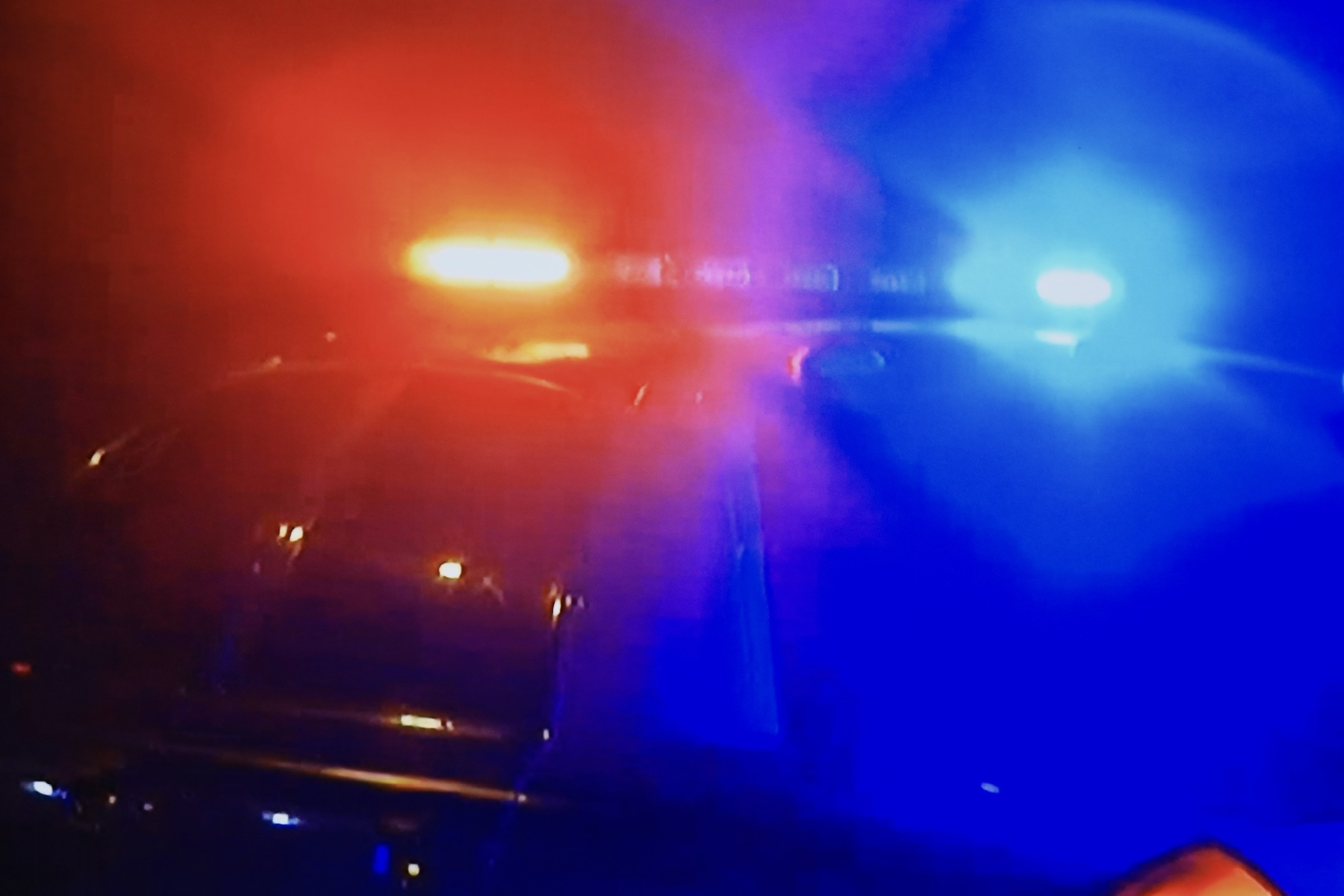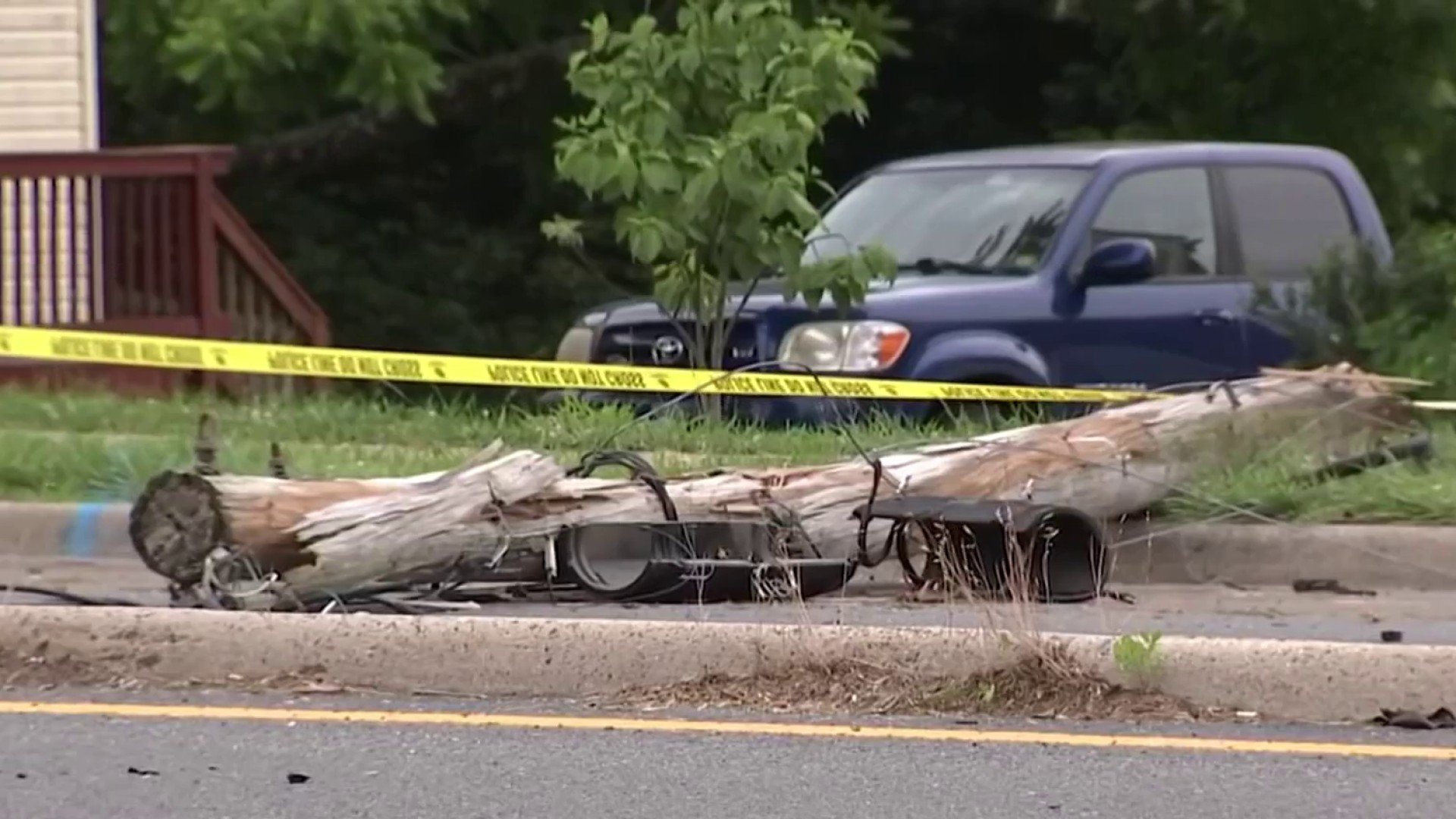Expert says as many as 80 percent of used cars sold through online classified ads are coming from illegal car dealers called “curbstoners.”
We asked three longtime car experts what to do when you buy a used car. Eric Friedman is the Director of Montgomery County’s Office of Consumer Protection. John Creel is a retired automotive crimes investigator with 30 years of experience. Jack Fitzgerald is Chairman of Fitzgerald Automalls and has been in the dealership business for more than 40 years.
1. Get an Inspection and a Written Repair Estimate
Everyone agrees this is the most important thing you can do. Jack Fitzgerald gave the NEWS4 I-Team a copy of the forms he makes all of his mechanics use when they inspect the cars he sells on his lots. He says if you don’t have your own checklist, print out this Inspection Checklist and Repair Estimate and ask a mechanic to fill them out before you buy a car. John Creel says make sure you tell your mechanic, “I don’t want you to make me feel good. I want you to tell me the truth. Tell me what is wrong with the car.”
2. Get a Written Purchase Agreement
Fitzgerald also gave the I-Team his Appraisal Evaluation & Offer to Purchase for you to use. Take a look at the “customer questions” section. All of our experts say you should ask these questions when you look at any used car. Get the answers in writing.
3. Get a Vehicle History Report
Go to www.carfax.com or other car vehicle history sites. The experts say it may not have the vehicle’s complete history but it should give you some helpful information about the vehicle accident and insurance history.
4. Get a Warranty
Eric Friedman says legitimate dealers should be willing to offer you a reasonable warranty. “Make sure you can get some recourse if something goes wrong,” he says.
5. Type in the Seller’s Phone Number
Friedman says if you find a listing on Craigslist or other Internet classified ad, copy and paste the phone number into the search box to see if the number is linked to other car ads. “If they are selling multiple cars,” Friedman says, “clearly that’s a red flag it’s not their private car” and they may be an illegal curbstoner.
Local
Washington, D.C., Maryland and Virginia local news, events and information
6. Just Ask About “The Car”
Friedman says you might want to be purposefully vague by just asking “about the car” without giving any details. “Don’t say too much,” Friedman suggests. “Let them say to you, ‘Which car?’ If they say, ‘Which car?’ that’s another red flag letting you know they’ve got multiple cars online.”
7. Ask to See Driver’s License & Title
Friedman and Creel say you should always ask to see the seller’s driver’s license to see if it matches the name and address on the car’s title. “If the person’s name is different from the name of the person selling it to you, that’s a red flag,” says Friedman.
8. Be Wary of Friends & Family
All the experts say unlicensed dealers use family and friends as part of their sales pitch. “They pretend they own the car,” says Fitzgerald. “Or its their friend’s car, their mother’s car or ‘My Aunt Lily’s’ car. That’s the pitch.” Creel says, “if he tells you he is selling it for his aunt or his uncle or his cousin, it’s a lie.”
9. Don’t Assume You Can’t Get Financing
Friedman says many people make a mistake in thinking they can’t get a loan to buy a better car and end up settling for a junker. He says credit unions are often an overlooked source of legitimate financing.
10. File a Complaint
All the experts say if something does go wrong, file a complaint with your local office of consumer affairs, the Motor Vehicle Administration or state department of motor vehicles and the state Attorney General’s Office.



